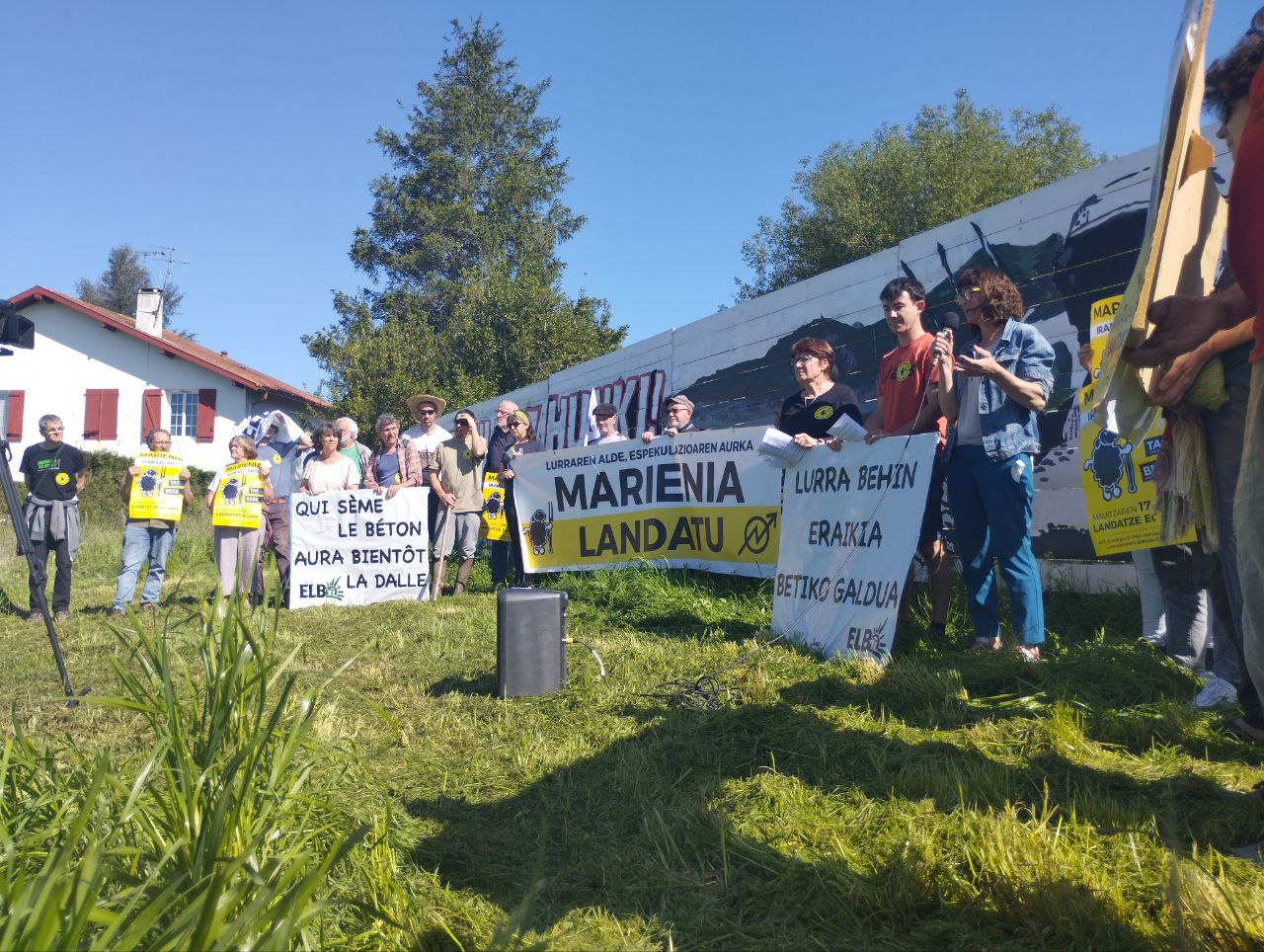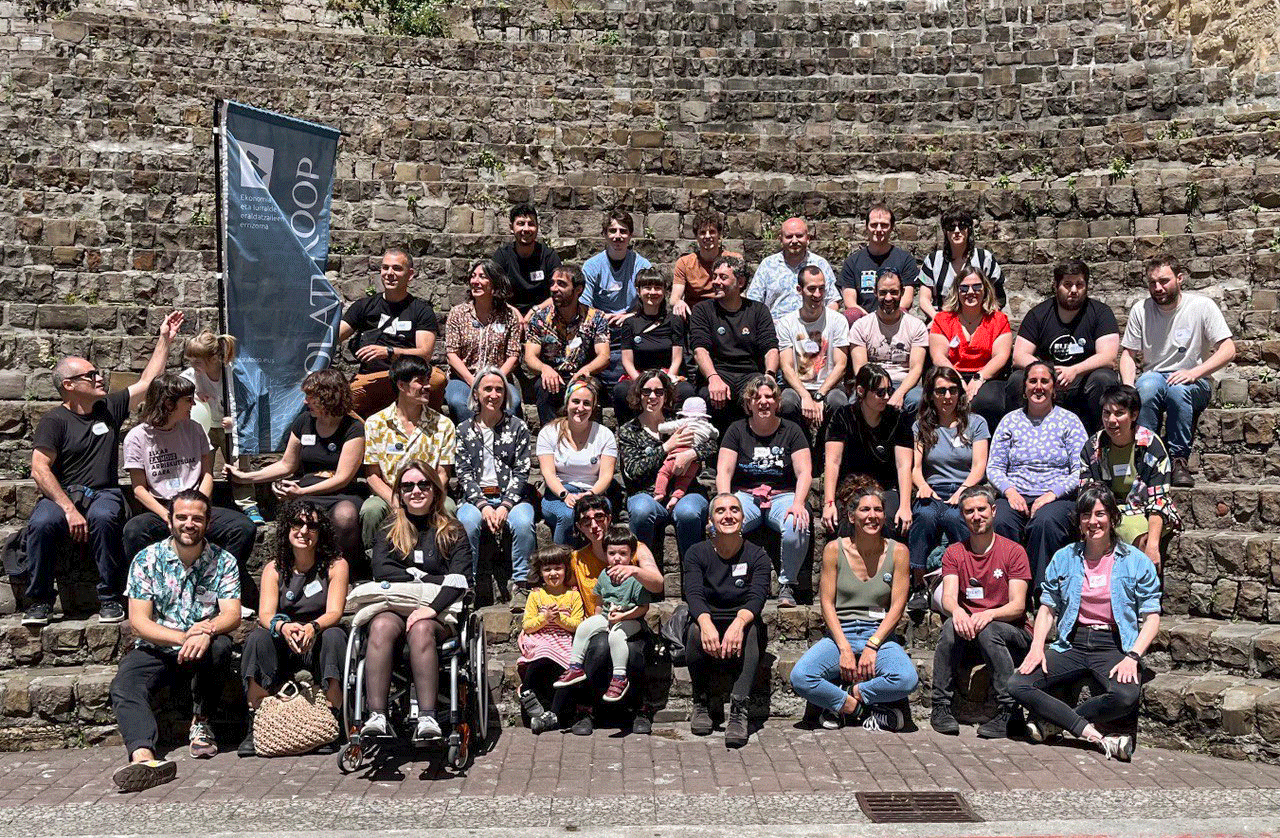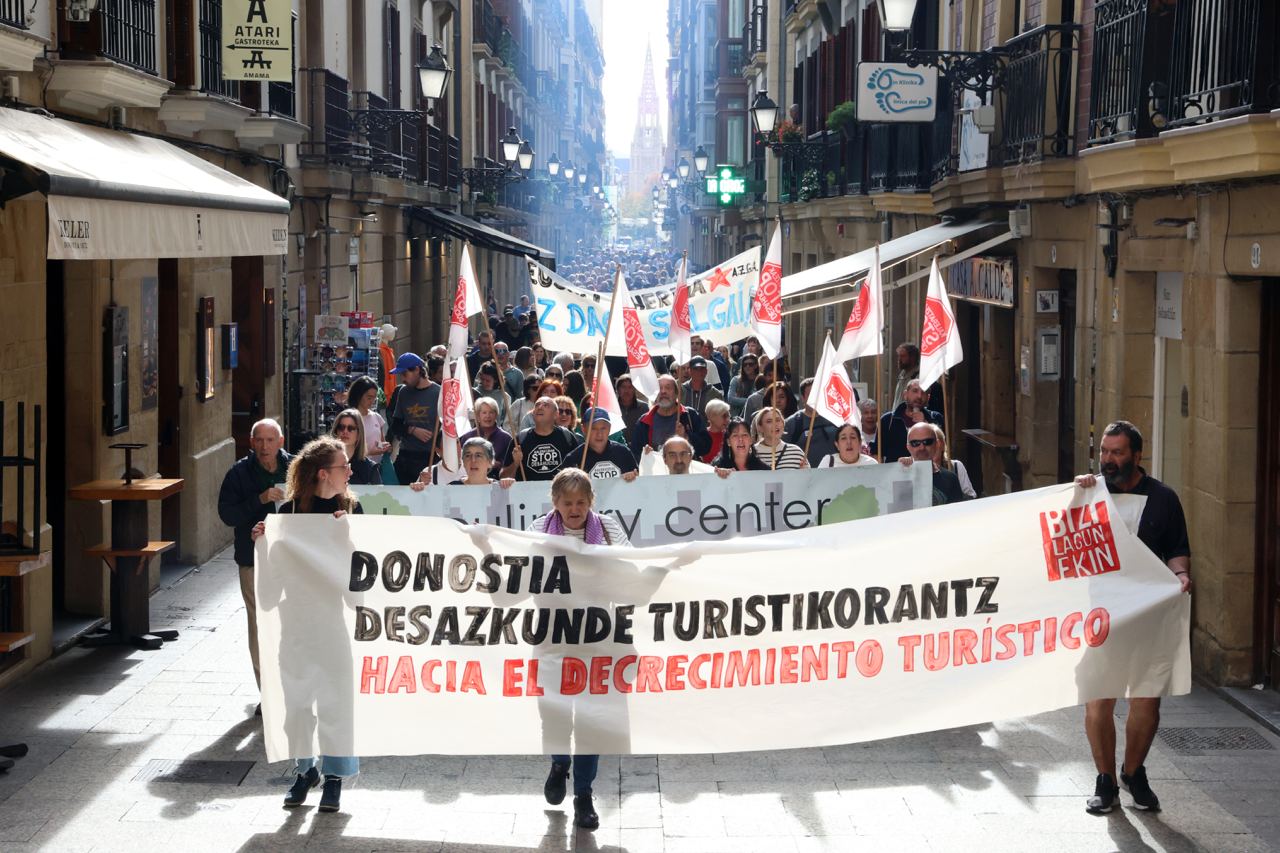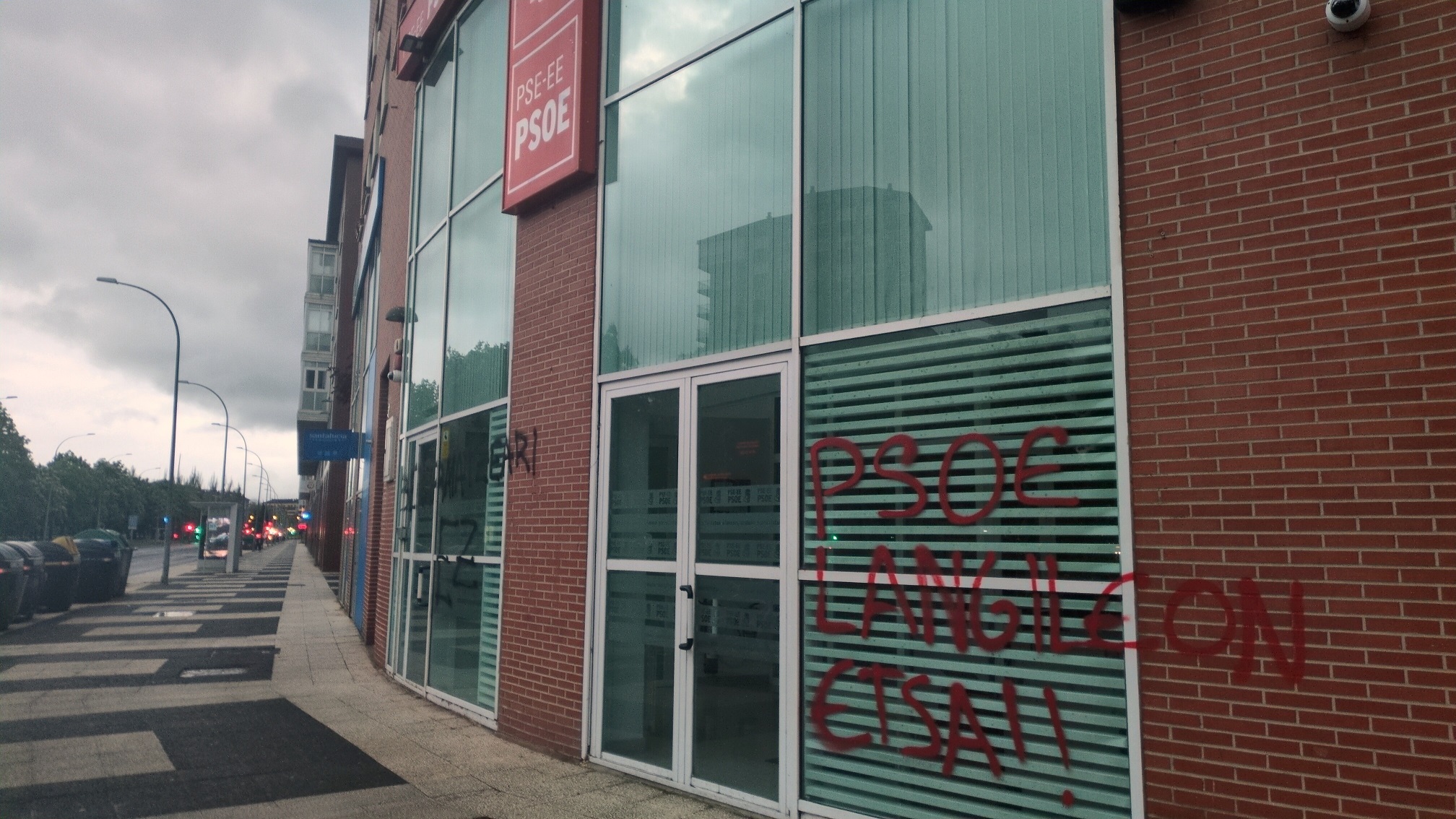This is the year 2024: welcome to the "normality" of neoliberal Europe
- The Council of Ministers of Economic and Finance of the 27 countries of the European Union has agreed on 20 December to establish stricter tax rules. The return of austerity policies will mean a change of direction in recent years and a further reduction in public investment and cuts in countries.

It will not be the same as that imposed after the 2008 crisis, but all the experts agree that in 2024 there may be a severe blow. The most orthodox countries in the European Union have ordered the elimination of expansive economic policies to deal with the pandemic and social crises of recent years and to return to "normalcy", i.e. demanding deficits and debt limits.
The 27 countries took the decision at last week’s Ecofin Council of Finance and Finance Ministers. In this way, EU members will be able to have a maximum deficit of 3% and a public debt of 60% of GDP, highlighting the position of the toughest countries, especially Germany, but also the Netherlands, Austria, Sweden and Denmark.
They will therefore have at least an "escape valve" or flexibility: the most indebted countries, with more than 90% debt, will be able to reduce their debt year by year, with an average of one point each year, and those with an interval of 60-90% will only have to reduce that debt by half point. This last clause has allowed agreement, following the approval of the French, Spanish and Italian States.
In addition, countries that do not comply with these tax rules will be subject to more "acceptable" fines that they will have to pay weekly. But, as the media has explained Ara.cat, the fines that are accumulated must be paid without any limitation.
So far, cuts in public services, including health and education, carried out in a camouflaged manner by countries, make it possible to detect a new wave in the time horizon.
Landing "gross"
Starting in 2020, to prevent the spread of social crises that have been linked to the pandemic, the EU established a new fiscal policy that did not prevent it from increasing precariousness and poverty and causing the "suffering of millions", as Felipe Milin wrote on the website of the Committee on the Abolition of Unfair Debt (CADTM).
According to Milin, the measures of recent years have been taken exactly the same within a "neoliberal conceptual framework". For example, aid has only reached a small group of large companies, the so-called "European champions", to compete in the world market.
The so-called flexibility that they have applauded in many media is only intended to make the landing of some countries to the dark realm of savings less "brutal"
Milin explained that the current inflation problem is not due to excessive liquidity, but to the breakdown of supply chains, so austerity policies only accelerate the beginning of the recession.
The so-called flexibility that they have applauded in many media is only intended to make the landing of some countries to the dark realm of savings less "brutal".
What about climate health?
With less public money, how can we comply with the European Green Pact? That is what many have asked now. The European Commission says that to meet the objectives of this Pact, EUR 620 billion will be needed.
The European green parties have called for the new tax rules not to affect budgets for the energy transition, such as those intended to reduce fossil fuels, so that in this case public indebtedness is higher, but has not been accepted.
"With failed recipes, finance ministers strive to seek the health of public accounts and the economy without caring for the health of ecosystems and society," explains Carlos García Parete of Greenpeace in El Salto. To return to "sweetened" austerity is "very bad news" for her.
We will then begin a second chapter of the austerzide imposed by the late German finance minister Wolfgang Schäuble and his other ultracords throughout the decade of 2010. Welcome, this is the year 2024, a "normal" year in neoliberal Europe.
I found the old news on the LIGHT ephemeris channel: On April 23, 1918, Irish workers went on a general strike in I. Against forced recruitment for World War II. Thanks to the response of the workers and independence supporters, Britain was forced to retreat.
We don’t have to... [+]
“Even with all the shortcomings, the unions have done more for humanity than any other human organization that has ever existed. They have contributed more to dignity, honesty, education, collective well-being and human development than any other association of people.” ... [+]
Klima aldaketaren eraginez, munduko lurralde gero eta gehiago idortzen ari dira, milioika pertsonaren jarduera eta bizimoduak kolokan ezarririk. Fenomeno horren frontean dago India erdialdeko Maharashtra estatua, non klimaren berotzeari eta lehortzeari metatu zaizkien oihan... [+]
Duela urtebete eskas Espainiako aireportuen sarea kudeatzen duen AENA enpresa publikoak iragarri zuen Loiuko aireportuko terminala handitu nahi duela. 2024an 7 milioi bidaiariren langatik gertu gelditu zen eta, handitzeak aurrera eginez gero, 2030. urtetik aurrera 13-14 milioi... [+]
Rearm Europe. Reindustrialize to defend Europe. This is the agenda that the political leaders of the European Union have been trying to promote lately, through the White Paper on European Defence, the BirArm Europe and the 2030 Availability plans. The excuses for the promotion... [+]
Zenbait urtetatik hona sarri entzuten dugun kontzeptua da zaurgarritasuna. Gaur gaurkoz, diskurtso politikoetan pertsona zaurgarriez aritzea ohikoa da. Seguru nago nik ere inoiz erabili dudala berba hori Bizilan.eus webgunean, eskubide laboralak eta prestazio sozialak azaltzeko... [+]




















